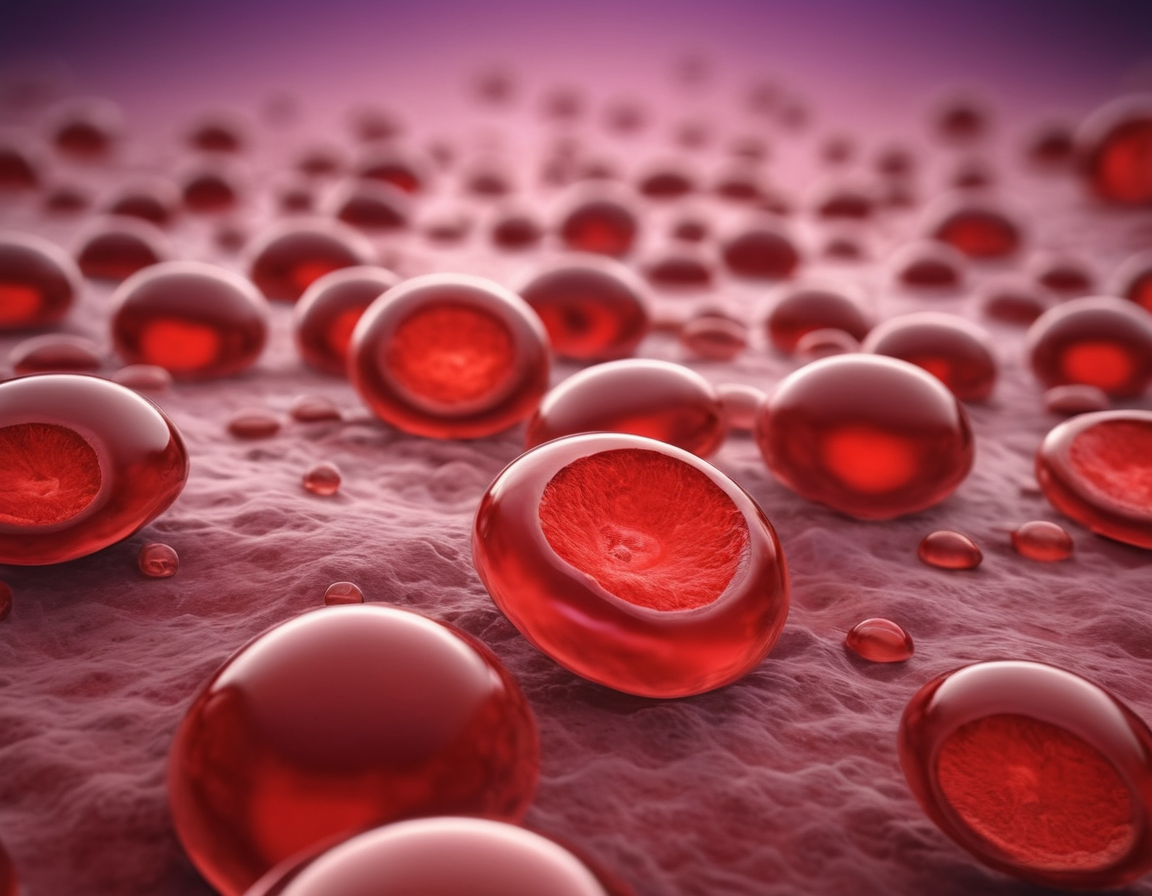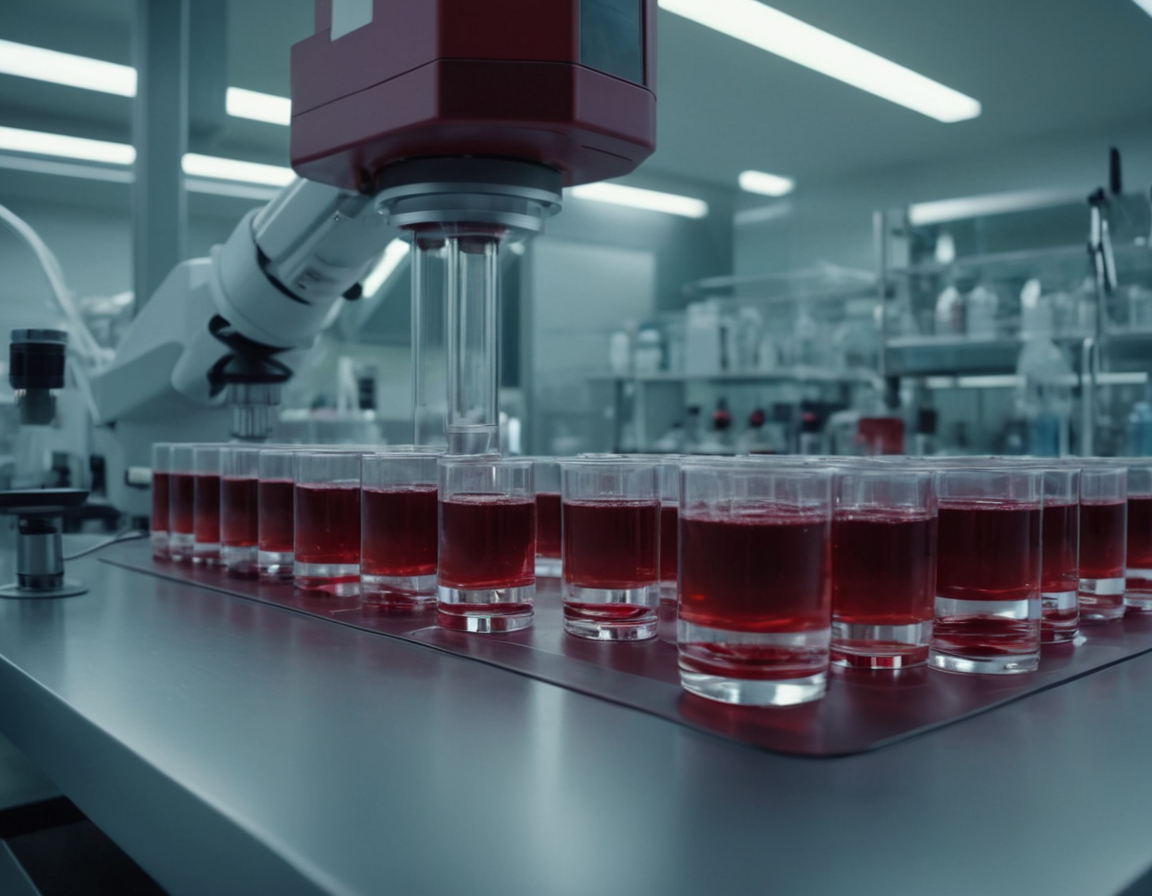Unveiling the Mysteries of Blood: Its Vital Role and What Happens When We Lose It
Understanding the Essence of Life: Blood
Blood is the lifeline that courses through our veins, the transport system of our body that sustains life by carrying essential substances to and from our cells. But what really happens when we lose a significant volume of this vital fluid? In this informative exploration, we delve into the complexities of blood, its functions, and the impact of blood loss on our health. Join us as we unveil the hidden wonders and potential dangers of this crimson tide.

What is Blood and Why is it So Crucial?
Blood is a specialized bodily fluid that delivers necessary substances such as nutrients and oxygen to the cells and transports waste products away from those same cells. But it’s not just a delivery system; blood has a host of other critical functions, including:
- Regulating body temperature
- Protecting against diseases and infections
- Facilitating the healing process through clotting mechanisms
The Consequences of Losing Blood
When we experience a cut or injury, our body’s natural response is to stop the bleeding through the blood clotting process. However, when blood loss is rapid and severe, such as in the case of an accident or surgery, it can lead to a condition known as hypovolemic shock. This is a critical condition that occurs when a person loses more than 20% of their body’s blood or fluid supply, making the heart unable to pump enough blood to the body, and can lead to organ failure and death if not immediately addressed.

Understanding Blood Types and Transfusions
One of the medical marvels that enables us to save lives is the blood transfusion. But transfusions are not as simple as pouring one person’s blood into another; they require a match in blood type to prevent adverse reactions. Blood types are determined by the presence or absence of certain antigens on the surface of red blood cells, which can trigger a response from the immune system if they are foreign to the body.
The Four Main Blood Groups Are:
- Type A
- Type B
- Type O
- Type AB
Giving the wrong type of blood can cause serious and sometimes fatal reactions. Thus, knowing your blood type is not just a fun fact—it could be life-saving information.
Technological Advancements in Blood Research and Medicine
Science has made significant strides in understanding and utilizing blood. From the development of synthetic blood products to the exploration of blood’s genetic materials for treating diseases, researchers continue to push the boundaries of medical science. These remarkable advancements promise a future where blood disorders are more effectively treated and controlled.

Your awareness and willingness to donate blood can make a monumental difference in someone’s life. It is a gift that costs nothing but is valued more than any precious metal. Let us cherish the health that flows within us and extend a helping hand to those in need. Together, we can save lives and uphold the vitality of our shared humanity.
A Call to Action: Donate Blood, Save Lives
The profound impact of blood loss reminds us of the importance of blood donations. Every few seconds, someone, somewhere, is in desperate need of blood. By donating blood, you can be the lifeline for a premature infant, a cancer patient undergoing chemotherapy, or a victim of a severe accident. Your singular act of kindness can be the beacon of hope for many. So we urge you—find your local blood drive and donate today.






